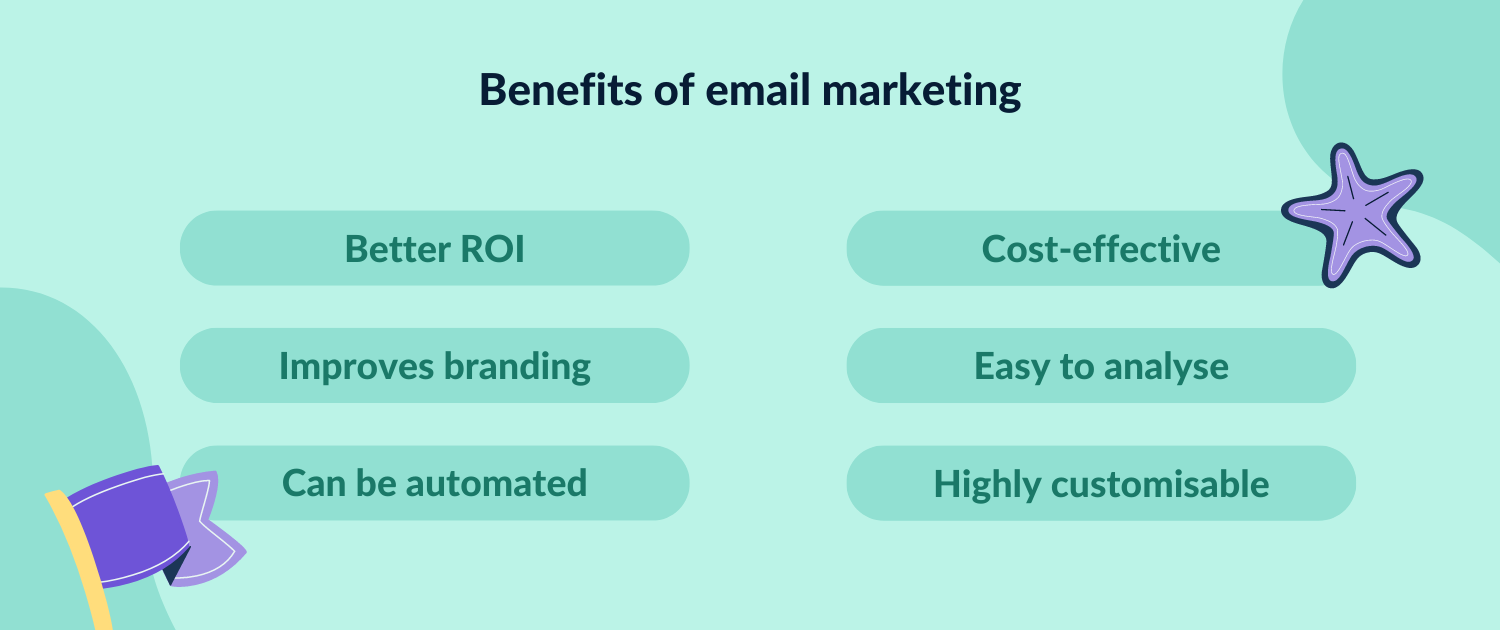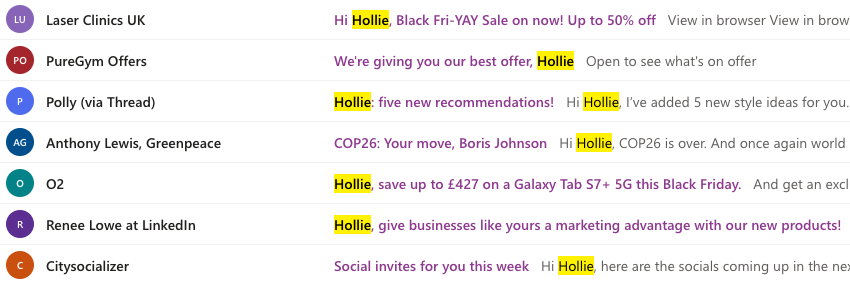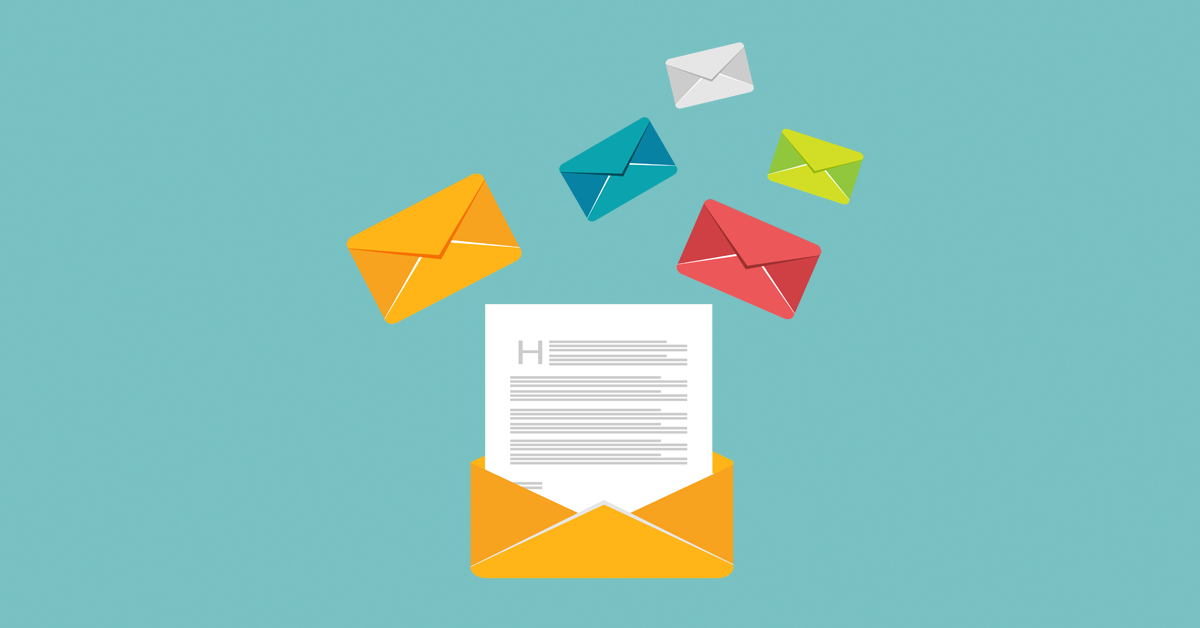At its core, marketing is about connecting with people. It’s about understanding needs, fulfilling desires, and offering solutions that make life better. So, it’s no surprise that psychology – the study of the human mind and behaviour – plays a vital role in effective marketing.
Understanding psychological principles can help marketers tap into their audiences’ wants, needs, and preferences, allowing them to create more effective and persuasive campaigns.
Why email marketing?
In a world where digital marketing channels are constantly expanding and evolving, email marketing continues to stand strong. Email marketing allows for direct communication with consumers, fostering a sense of connection and personalisation that can be difficult to achieve through other channels. But to harness the full power of email marketing, it’s crucial to understand the psychology that drives consumer behaviour.

The psychology behind effective email marketing
1. The principle of reciprocity
One of the most powerful psychological principles in marketing is reciprocity. This principle suggests that when someone does something for us, we feel compelled to do something in return.
In email marketing, you can leverage the principle of reciprocity by offering your subscribers something of value. This could be an exclusive discount, a helpful eBook, or even valuable insights through a well-crafted newsletter. In return, subscribers may feel more inclined to engage with your brand, purchase your products, or share your content with their network.
2. Scarcity and urgency
Scarcity and urgency are two more psychological principles that can greatly influence consumer behaviour. When something is limited in quantity or availability, it becomes more desirable.
Using these principles in your email marketing can encourage quick action from your subscribers. Limited-time offers or exclusive products can create a sense of urgency, making subscribers more likely to make a purchase.
3. The power of personalisation
We’re all wired to respond positively to personalised experiences. It makes us feel special, recognised, and valued.
In email marketing, personalisation can take many forms, from addressing subscribers by their first name to tailoring content based on their interests or previous behaviours. Personalised emails can lead to higher open rates, improved click-through rates, and ultimately, more conversions.
Crafting winning email campaigns using psychology
To create an effective email campaign, it’s important to blend these psychological principles with good marketing practices. Here are a few tips to get you started:
1. Start with a compelling subject line

Your subject line is your first chance to grab your subscribers’ attention. Make it compelling, intriguing, and personal to increase your open rates. You can leverage urgency, curiosity, or personalization to make your subject lines more enticing.
2. Offer value in every email
Every email you send should offer something of value to your subscribers, whether it’s information, inspiration, or a special offer. By consistently providing value, you build a positive relationship with your subscribers, making them more likely to engage with your emails and your brand.
3. Keep your emails concise and clear
In today’s busy world, nobody has time to read lengthy emails. Keep your emails concise and to the point, making it easy for your subscribers to understand your message and take action.
4. Include a clear call to action

Every email should have a clear and compelling call to action (CTA). Your CTA is your chance to guide your subscribers towards the desired action, whether it’s making a purchase, signing up for a webinar, or reading your latest blog post.
The intertwining of marketing psychology and email campaigns
The power of marketing psychology is undeniable when it comes to creating successful email campaigns. By understanding and applying key psychological principles such as reciprocity, scarcity, urgency, and personalisation, marketers can design emails that resonate with subscribers on a deeper level, leading to improved engagement and conversion rates.
However, psychology is only one piece of the puzzle. Successful email marketing also requires a deep understanding of your audience, a clear value proposition, and a commitment to testing and optimisation. Only by combining these elements can you truly harness the power of email marketing and drive meaningful results for your business.





No Comments
Leave a comment Cancel